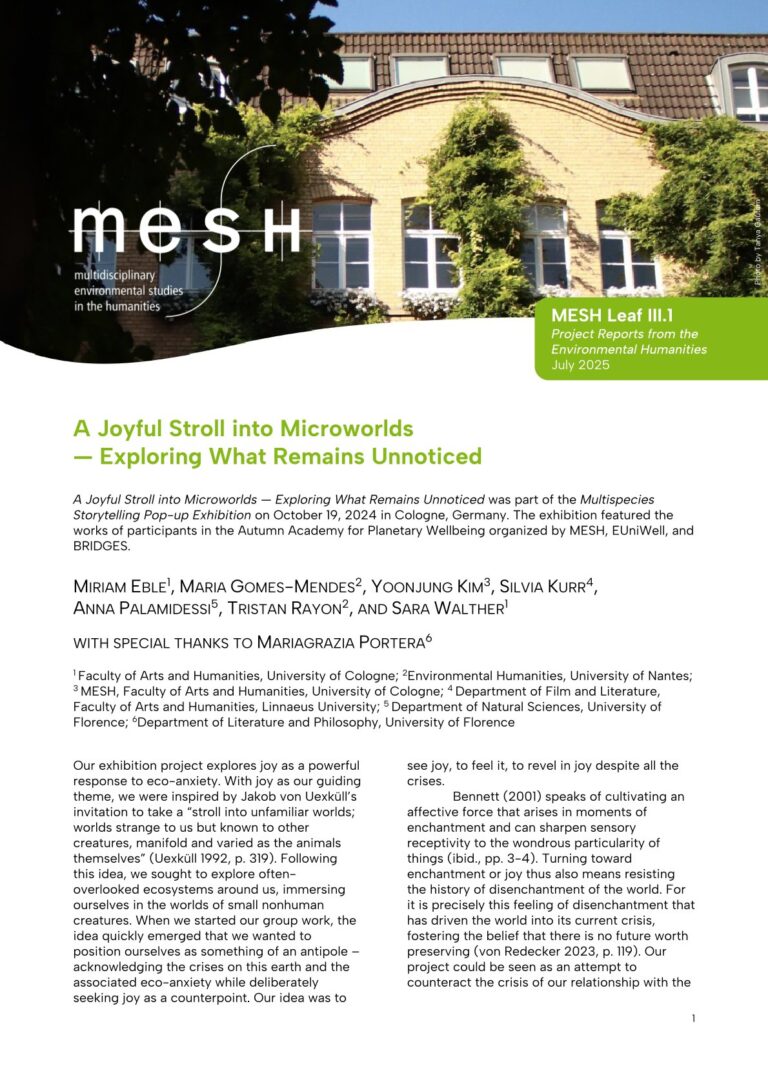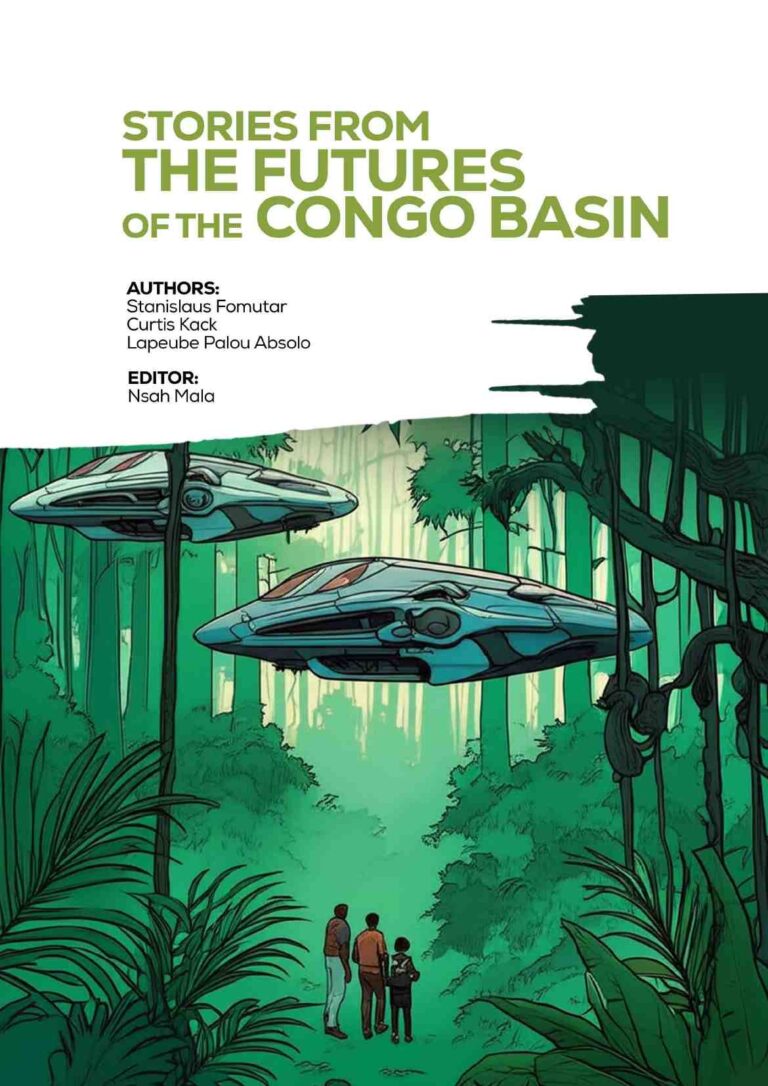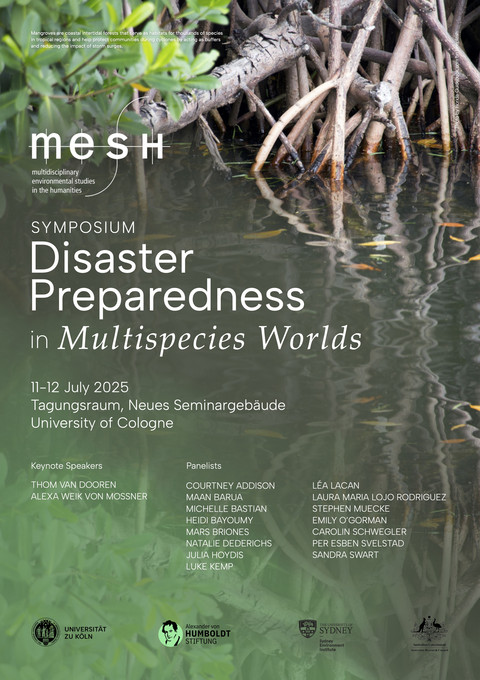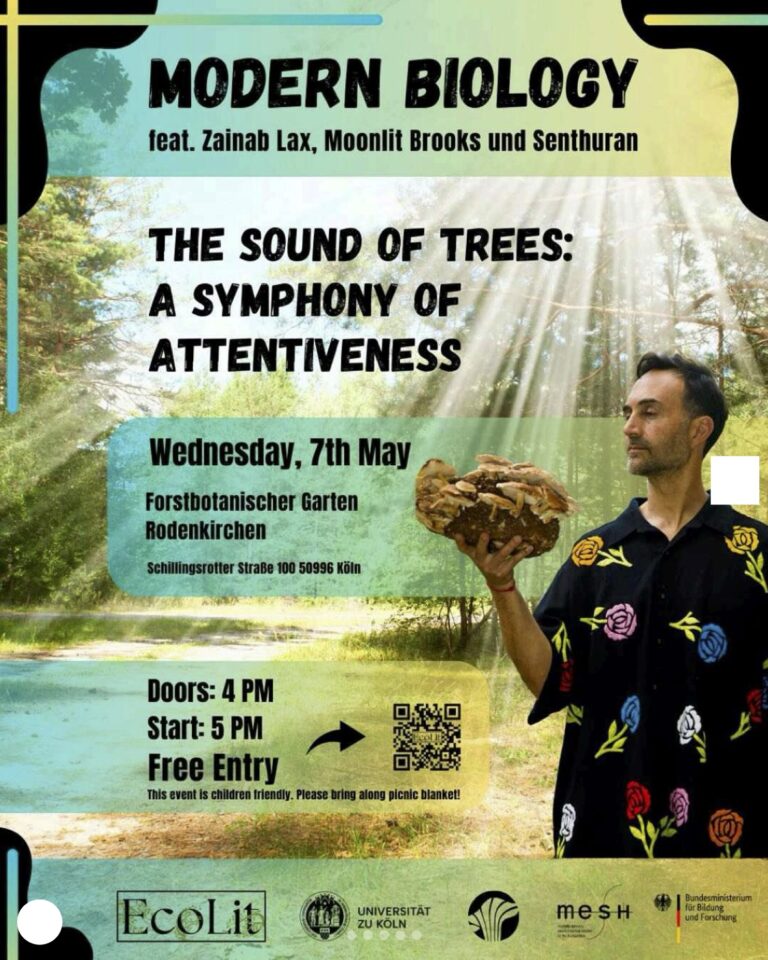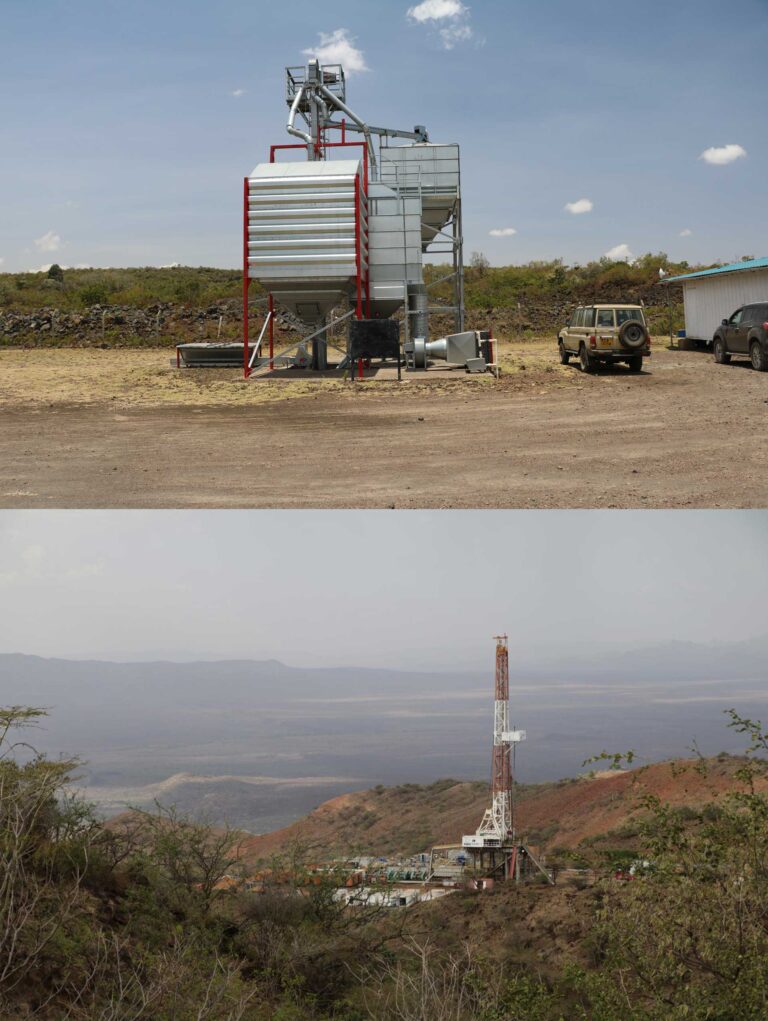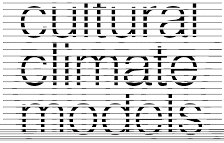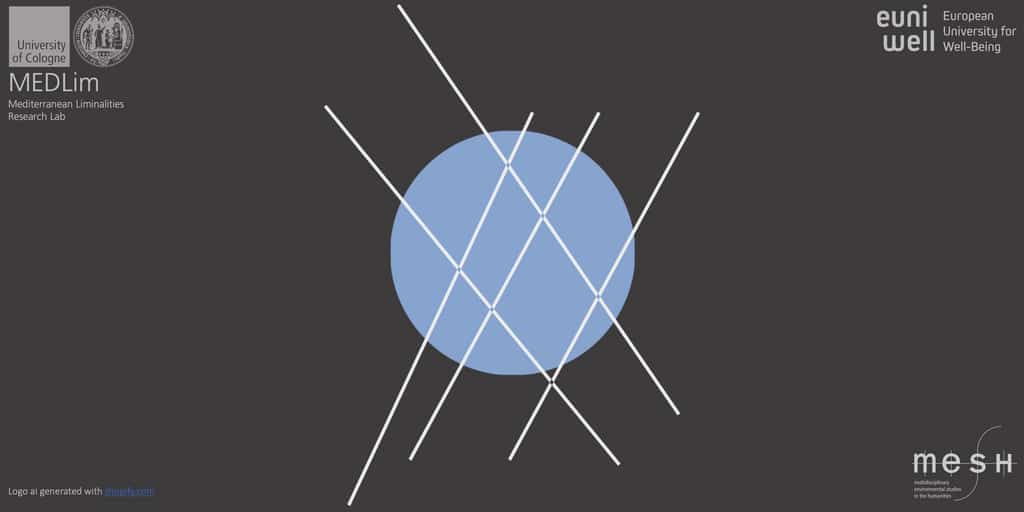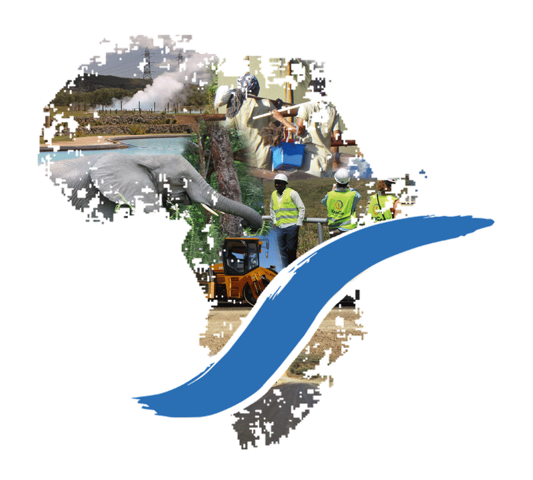University of Cologne
UNESCO-MOST BRIDGES Thematic Hub for Planetary Wellbeing
Exploring Multispecies Wellbeing and Ecological Flourishing
Focused on Planetary Wellbeing, the Cologne BRIDGES Thematic Hub addresses the interconnections amongst human health and wellbeing, climate change mitigation and adaptation, biodiversity conservation and ecological regeneration. Bringing the insights and understandings of the environmental humanities to the One Health concept, the Hub approaches wellbeing from a perspective that prioritises multispecies conviviality and ecological flourishing in a shared Planet Earth for present and future generations.
Anchored at the University of Cologne, the BRIDGES Thematic Hub brings together research, public outreach and policy expertise to address the interconnections between human and ecological health in the context of global environmental change
The BRIDGES Thematic Hub for Planetary Wellbeing is anchored in two leading research institutions at the University of Cologne (UoC): the research hub for Multidisciplinary Environmental Studies in the Humanities (MESH) and the Global South Studies Center (GSSC). It is also supported by the Global Responsibility Unit at UoC and the European University for Wellbeing (EUniWell).
Situated within a capacious network of European research partners, but extending its scope and reach to include collaborators from the Global South in order to advance North-South-South eco-humanities interventions, the Hub explores and connects diverse concepts, methodologies and policies connected to Planetary Wellbeing, including intergenerational justice and mental health, art and literature, spirituality and value systems, indigenous and traditional knowledge systems, foresight and futures thinking, as well as discursive and other practices of more-than-human conviviality and collaboration.
Bridges Hub Cologne
News & Events
Dr Nsah Mala’s Congo Basin Futures Project Wins Dubai Foresight Awards 2025
Congo Basin Futures (#CongoBasinFutures), a participatory foresight project led by Dr Nsah Mala, was...
BRIDGES Cologne Policy Insights #3: Science-policy platforms for more inclusive Nature-based Solutions
Gerda Kuiper (University of Cologne), Daniel Olago (University of Nairobi), and Juliet Wanjiku Kamau...
OUR MESH Leaves showcasing the group projects created by participants in the EUniWell MESH BRIDGES Autumn Academy for Planetary Wellbeing are published
Our MESH Leaves of the "EUniWell MESH BRIDGES Autumn Academy for Planetary Wellbeing" Group Work Results...
Stories from the Futures of Congo Basin
Stories from the Futures of Congo Basin is a project by our Hub Coordinator and 2023 NGFP Judges’ Choice...
BRIDGES Cologne Participates in 2025 Global Solutions Summit in Berlin: Reflections by Dr Nsah Mala
BRIDGES Cologne Participates in 2025 Global Solutions Summit in Berlin: Reflections by Dr Nsah Mala From...
MESH Symposium 2025 on July 11th and 12th: Registration open
Save the date and register now to the 2025 MESH Symposium on "Disaster Preparedness in Multispecies Worlds"...
The Sound of Trees: A Symphony of Attentiveness
On May 7, 2025 the EcoLit project held its first public event The Sound of Trees: A Symphony of Mindfulness,...
BRIDGES Cologne Policy Insights #2: Towards the Authorship of Nonhuman Animals
In the second edition of the BRIDGES Cologne Policy Insights, we shine a spotlight on the question of...
BRIDGES Cologne Policy Insights #1: Co-Benefits of Ancillary Infrastructure Accompanying Renewable Energy Projects
By Dr Nsah Mala, BRIDGES Cologne Hub Coordinator In line with the UNESCO-MOST BRIDGES Coalition’s...
Hybrid Public Roundtable Discussion | A Covenant for the Earth: An Introduction to Islam and Ecology
with Imam Saffet Catovic and others December 03, 2024 | 6.00 – 8.00 pm International House – Kringsweg...
Partners
UoC BRIDGES Thematic Hub for Planetary Wellbeing
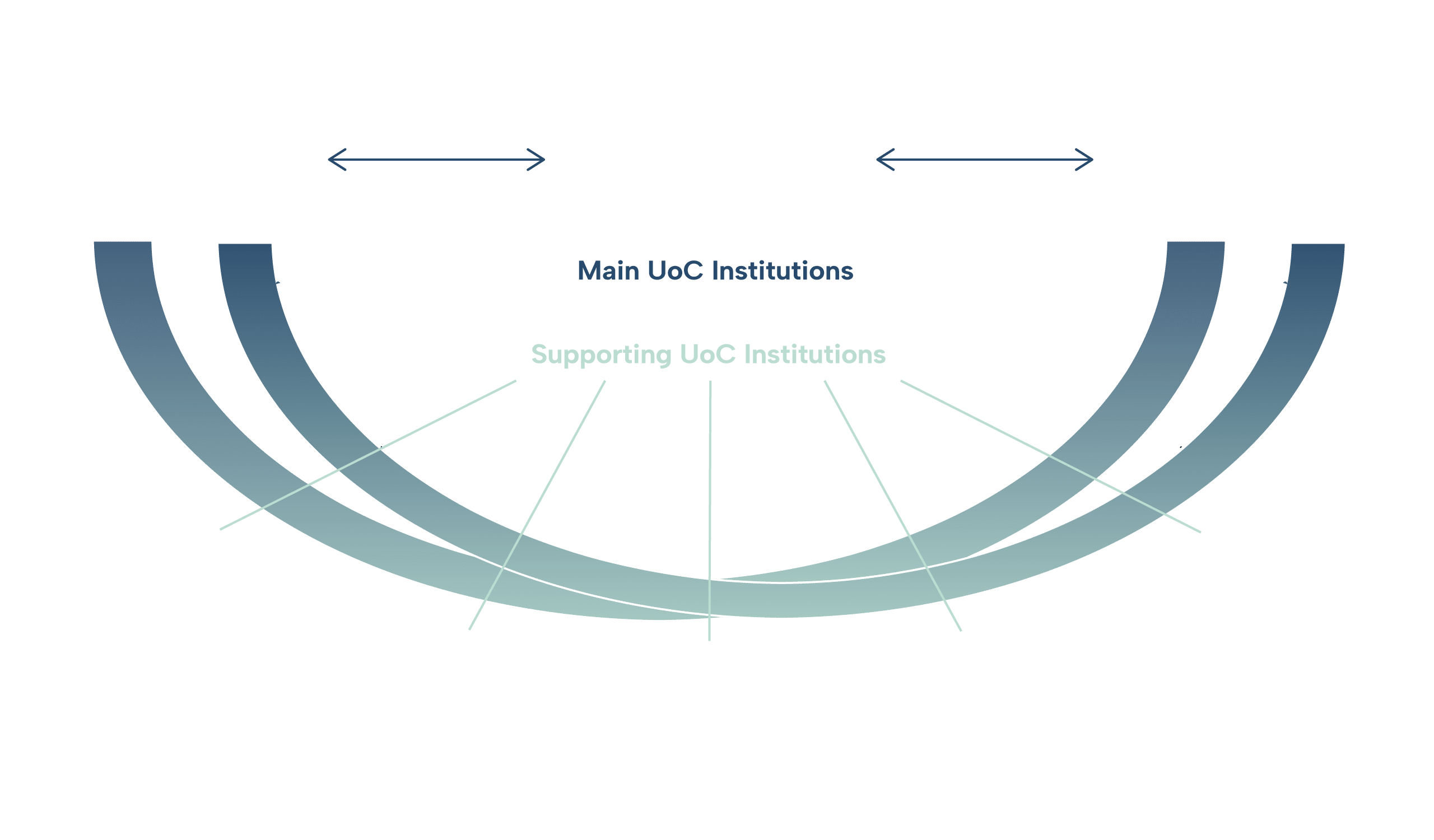

UNESCO-MOST BRIDGES Thematic Hub for Planetary Wellbeing: Exploring Multispecies Wellbeing and Ecological Flourishing
MESH | Multidisciplinary Environmental Studies in the Humanities
MESH is a research hub addressing the social, cultural and ethical dimensions of global environmental change, together with its associated ecological, climate and health crises. Bringing the historical, philosophical, literary, linguistic and cultural anthropological expertise of the humanities into conversation with the natural and social sciences, MESH fosters research and knowledge exchange across three main areas of enquiry: Decolonial Cultural Ecologies; Multispecies Conviviality; and Disaster Preparedness.
2 of 8
The Global South Studies Center (GSSC) coordinates global, interdisciplinary research at the University of Cologne focusing on currently highly relevant topics such as migration, sustainability and infrastructures in Africa, Asia and Latin America. A particular focus lies on human-environment relations. Besides providing the supportive structure for scientific projects, the GSSC also makes research results accessible not only to an academic audience but also to the broader public.
3 of 8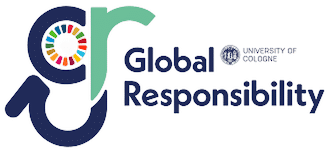
Global Responsibility: DIA | Division of International Affairs
Global Responsibility combines internationalization with third mission in order to spread and transfer the knowledge generated by the University of Cologne in our local, regional and global networks and contribute to global change.
4 of 8
Wissenschaftsforum zu Köln and Essen | Engaging Citizens – Engaging Science
The Wissenschaftsforum zu Köln und Essen is Cologne’s central unit for initiatives in the Public Understanding of the Sciences and Humanities (PUSH). It recognizes and promotes the polyphony of academic research and communicates it both internally and externally.
5 of 8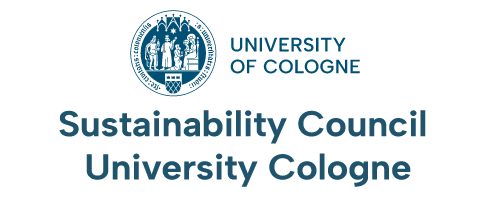
Sustainability Council University Cologne
The Sustainability Council advises and make recommendations for the development of the University of Cologne’s sustainability strategy and an implementation concept for a sustainable campus.
6 of 8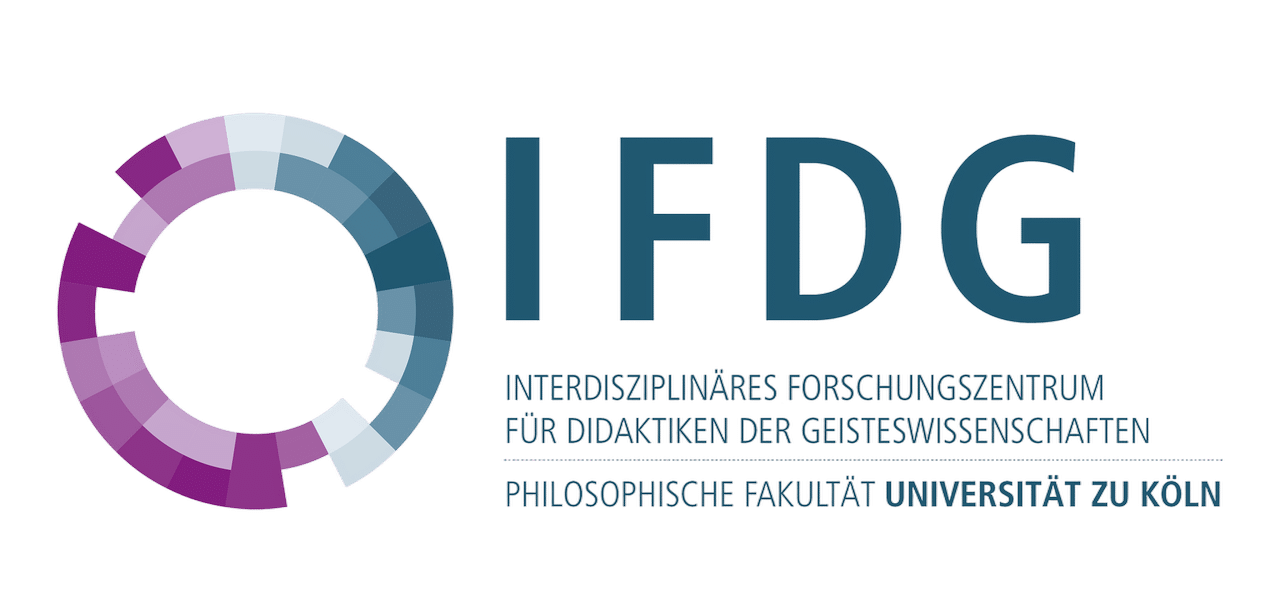
IFDG | Interdisciplinary Research Centre for Didactics in the Humanities
The IFDG initiates, promotes and consolidates cooperation between the subject-specific pedagogies of the Faculty of Arts and Humanities, which, with almost 14,000 students and currently 165 professors, is one of the largest teacher training faculties in the German university landscape.
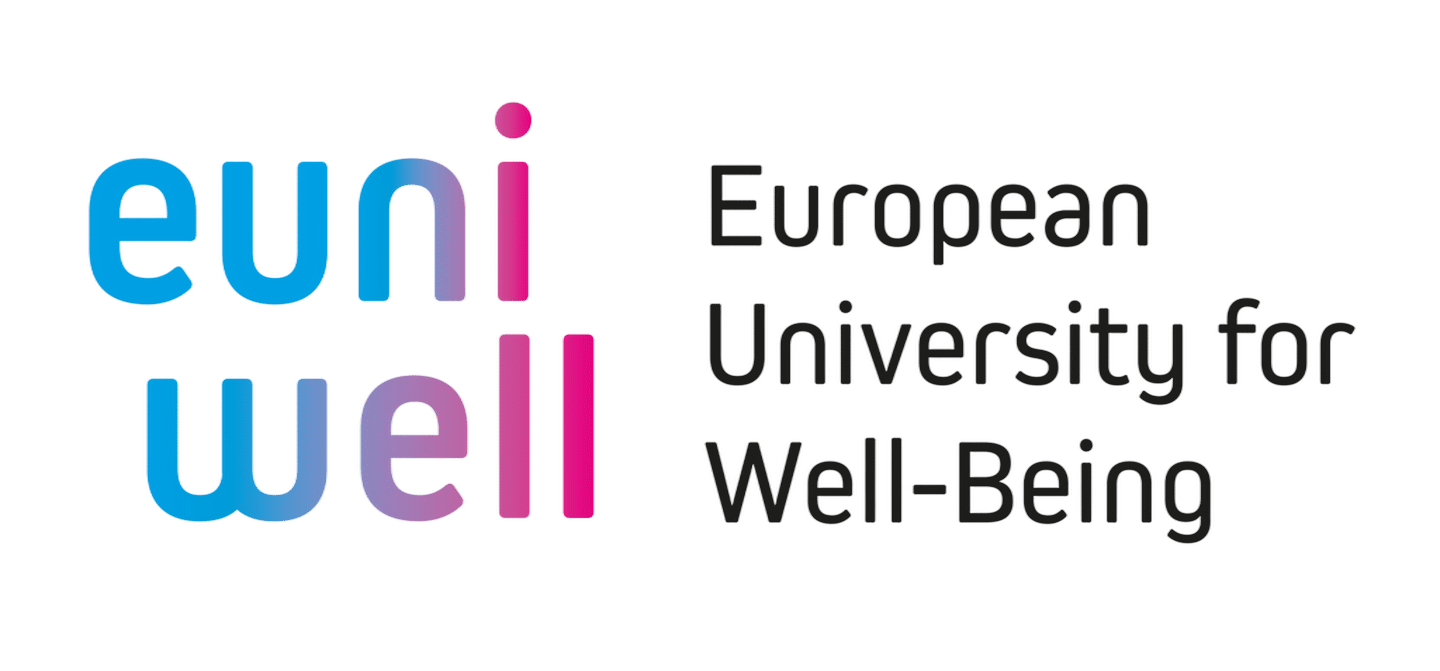
EUniWell | The European University for Well-Being – is one of 64 European University Alliances, selected for funding by the European Commission under the ERASMUS+ programme in 2020. promotes research, education, innovation, and societal engagement, EUniWell is committed to shaping a better future for all.
8 of 8Affiliated Projects
Our Team
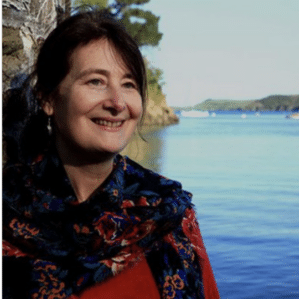
GSSC member

GSSC member

GSSC member
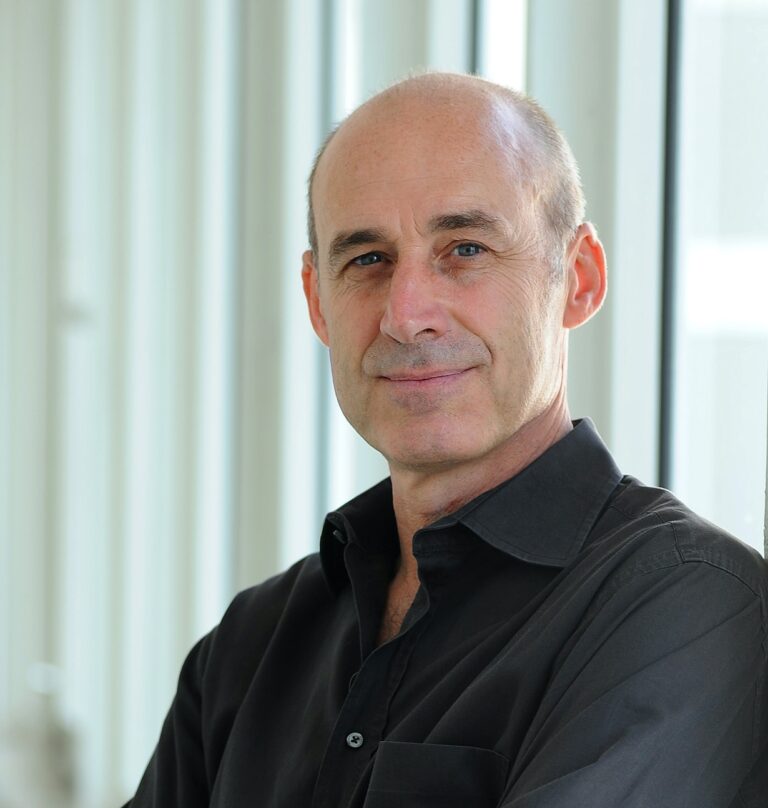
GSSC member
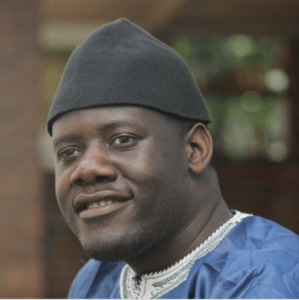
GSSC member

GSSC member

Contact
- Kenneth Nsah
- knsah@uni-koeln.de
- +49(0)221-4701826



